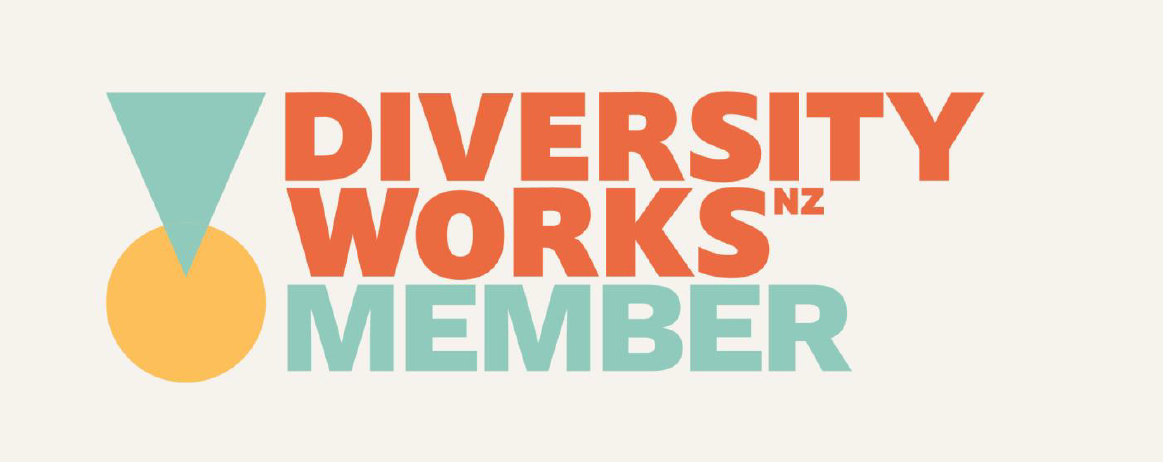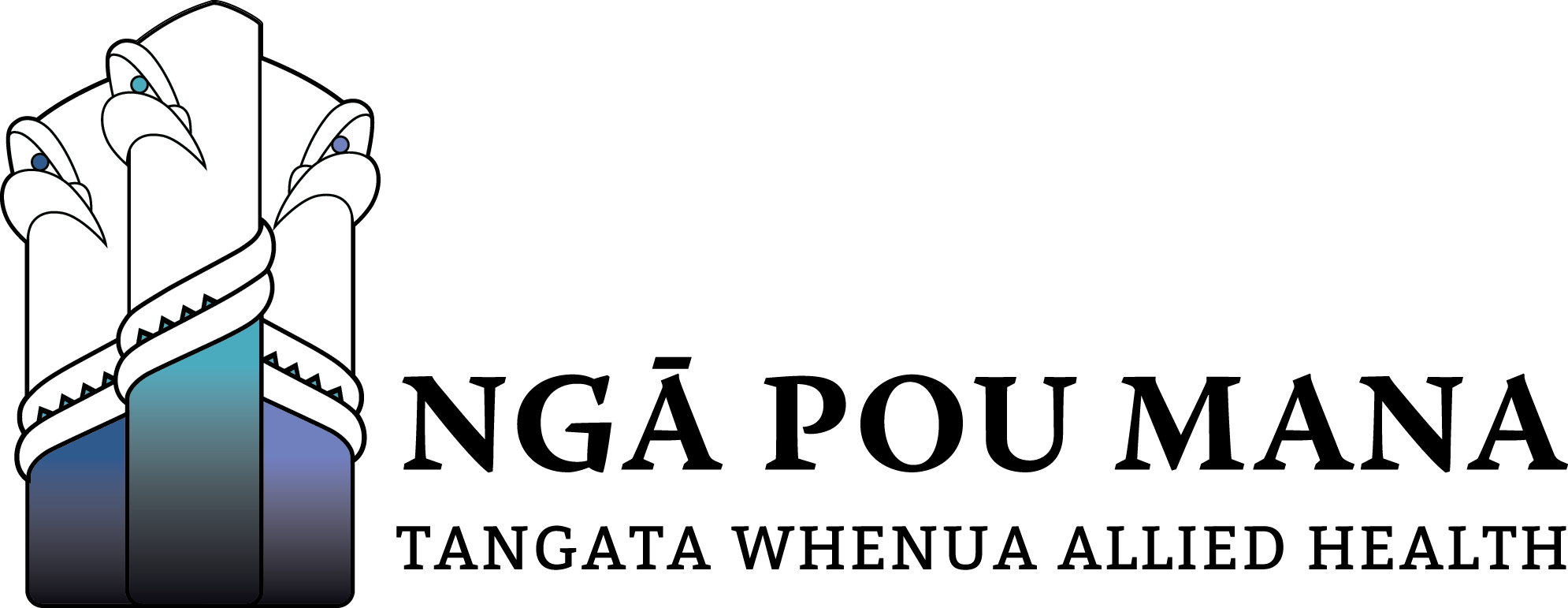A CV is a document that lists your skills, work experience, education, training, abilities and personal strengths.
It demonstrates your suitability for a job and is the main document a hiring manager will read before deciding if they want to meet you. Your CV is a sales tool that opens the door to a job interview. It ‘sells’ you and demonstrates what you can bring to a job, team and organisation. Even if you don’t have a lot of work experience, having a CV is very important. While there is no set length for a CV, most CVs are between one and four pages.
Here’s what you should include:
- Your name and contact details
- A personal opening statement about you and what you can bring to the job
- A list of key skills and strengths
- Your employment history (including any work experience, internships or volunteer work)
- Key work achievements you’re proud of
- Details of any education, qualifications and training
- A list of technical skills and/or software
- Referee details (or reference to referee details being available).
The order in which these things appear can depend on the job you’re applying for and how your experience/skills/education relates to that job. For example, if you’ve done a similar job that demonstrates the skills and experience required for the job you’re applying for, you should prioritise your employment history on page one of your CV. If your qualifications or education are the most relevant aspect of your job application (and perhaps your work experience is less relevant), then use this as a guide when you’re arranging the order of your CV.
You might decide to change your CV for each job you apply for, so you can highlight the most relevant skills and experience for each job. To do this, start with finding key words in the job description or advertisement and thinking about how your experience applies.
Your CV could also include feedback from previous managers, teammates or customers. It can be powerful to use other people’s words to demonstrate your experience and abilities.
Here’s what not to include:
While every job, employer and situation is unique, here are some general rules about what not to include:
- Private information (including date of birth, family information, health conditions)
- Fancy fonts, formatting or images/clip art
- Factual errors or typos
- Very long paragraphs without white space (consider using bullet points to break up information)
What to include if you don’t have a lot of work experience:
If you need to write a CV and you don’t have a lot of work experience (or your experience is in a different field), don’t worry. Job applications and CVs are about demonstrating transferable skills – and not all skills are gained through employment.
Don’t forget that you can include the following in your CV:
- Unpaid work experience or volunteering
- Short courses you’ve completed to gain practical experience
- Projects completed as part of an education or training course
- Transferable skills such as communication, teamwork and problem solving





